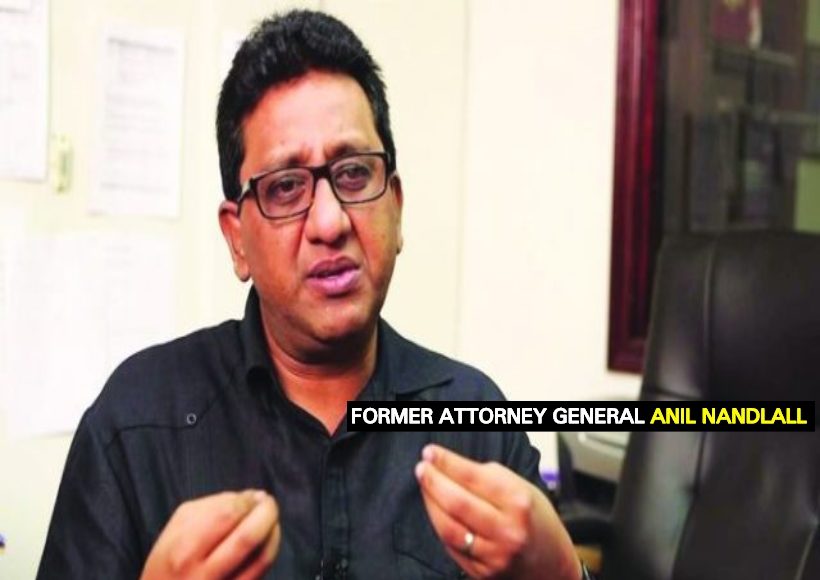Former Attorney General, Anil Nandlall, believes that Guyana is in a “constitutional quagmire” because the Caribbean Court of Justice (CCJ) refused to issue tough and strict orders to ensure constitutional compliance from the David Granger-led administration.
During his programme, “Issue in the News”, the former Attorney-General said that the CCJ’s refusal to compel the President to fix a date for elections – amongst other things – has now placed Guyana into “uncharted unconstitutional waters”.
“If the CCJ had made the decisions that we ask them to make, which were: order the President to fix a date for elections; order GECOM to have a list ready in three months; [and] order cabinet to resign, then we would not have been in this constitutional quagmire,” he said.
Nandlall said too, that the CCJ decided to take the “timid’ route by placing faith in the government.
“The CCJ decided to take the timid route. It decided to abdicate its responsibility, in my humble view. It decided to place confidence and trust in the constitutional actors of the day. The CCJ, in a bout of naivety; in an exhibition of alarming gullibility, said: we are trusting them and we are placing reliance on their integrity that they will do the right thing. Well, up to now, the right thing has not been done,” Nandlall argued.
The CCJ had said that it cannot make, or instruct the President to name a date for elections. The court noted that the provision in the constitution is pellucid about what needs to be done following the passage of a no-confidence motion.
Acknowledging this reality, the former Minister of Legal Affairs still contends that the CCJ ought to have known that it was not a matter of interpreting the constitution, but rather to get the government to comply. That was the impetus for the action at the CCJ.
“The CCJ themselves said [that] the relevant article of the constitution is so clear, that it required no gloss. It did not require a court to interpret it…They [CCJ] should have recognized if these constitutional players had any integrity in the first place, we would not have had to go to the CCJ to get them to comply with the constitution. That is why we were at the CCJ! That fundamental reality was lost upon the CCJ.”
The attorney-at-law said that the CCJ placing the ball in the government’s court to do “the right thing” is being misinterpreted by the government to represent CCJ’s refusal to name a date for elections. By doing this, Nandlall said that government is “holding up the CCJ’s order and making it a mockery.”
Today marks the end of three months following the validation of the no-confidence motion by the CCJ.
According to Article 106 (7) of the constitution, elections should be held three months after the passage of the motion.
However, President Granger remains resolute; saying that his constitutional responsibility to name a date for elections can only be exercised when the Guyana Elections Commission (GECOM), signals its readiness to conduct this democratic process.













